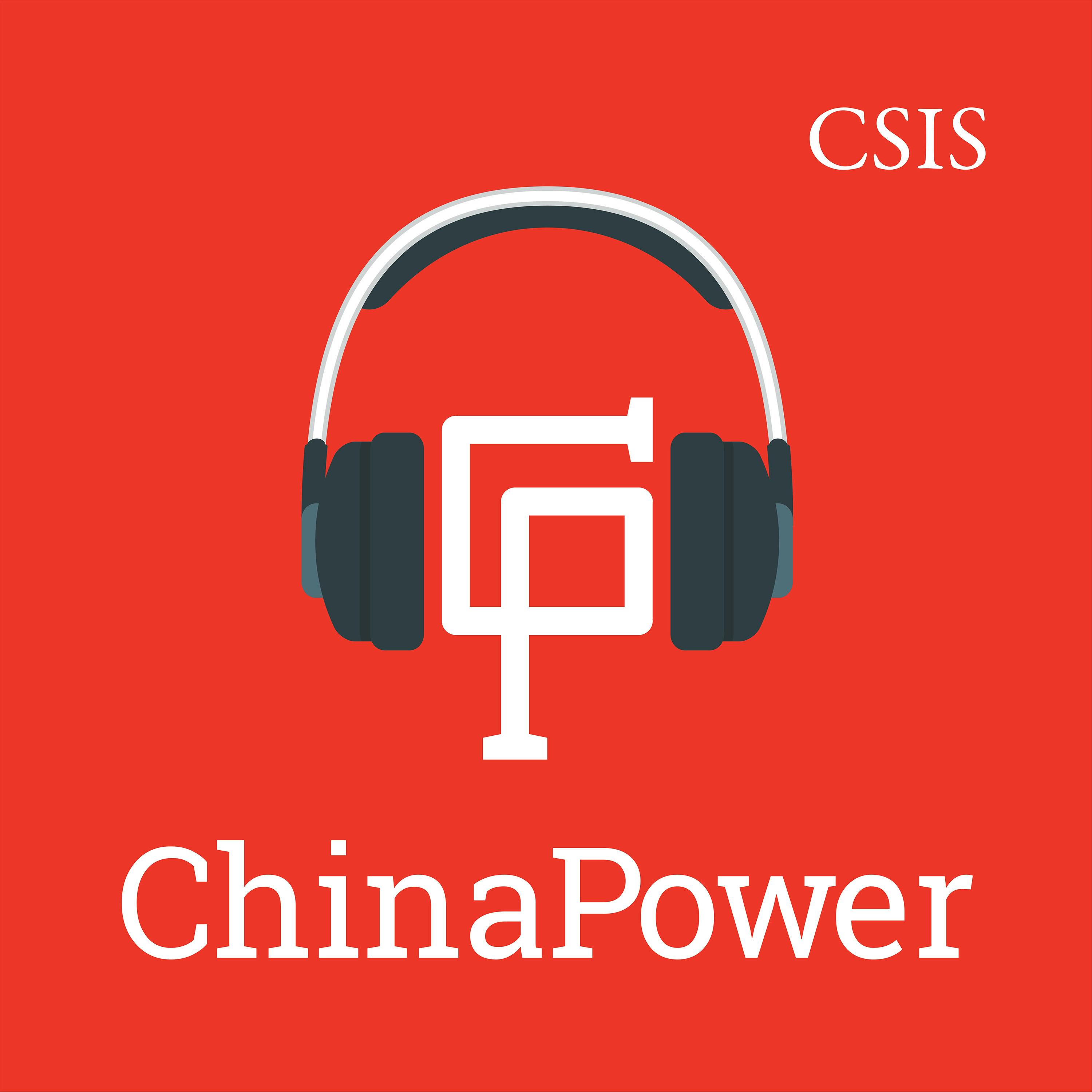
Deep Dive
Shownotes Transcript
In this episode of the ChinaPower Podcast, Dr. Scott Kennedy joins us to discuss the major themes from China's long-anticipated Third Plenum and what it signaled for China’s economic trajectory in the coming decade. Dr. Kennedy highlights the continuity that the Third Plenum presented, with no drastic economic measures introduced. However, he underscores the idea that Chinese leadership’s statist approach may pose additional challenges in addressing domestic issues. Dr. Kennedy also discusses China’s linkage between national security and economic progress and its shift toward high-tech development to build resilience and decrease foreign reliance. Finally, Dr. Kennedy provides predictions on where China’s economic growth will be in the next two years.
Dr. Scott Kennedy is senior adviser and Trustee Chair in Chinese Business and Economics at the Center for Strategic and International Studies (CSIS). A leading authority on Chinese economic policy and U.S.-China commercial relations, Dr. Kennedy has traveled to China for 36 years. Ongoing focuses include China’s innovation drive, Chinese industrial policy, U.S.-China relations, and global economic governance. His articles have appeared in a wide array of publications, including the *New York Times, Wall Street Journal, Foreign Affairs, Foreign Policy, *and China Quarterly. Kennedy hosts the China Field Notes podcast, featuring on-the-ground voices from China, and the Trustee Chair co-runs the Big Data China initiative, which introduces pathbreaking scholarly research to the policy community.